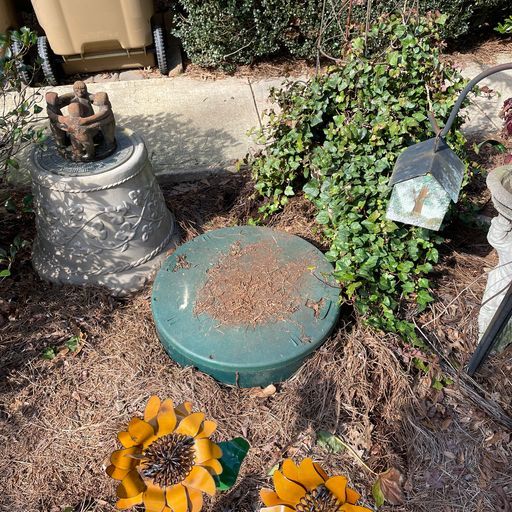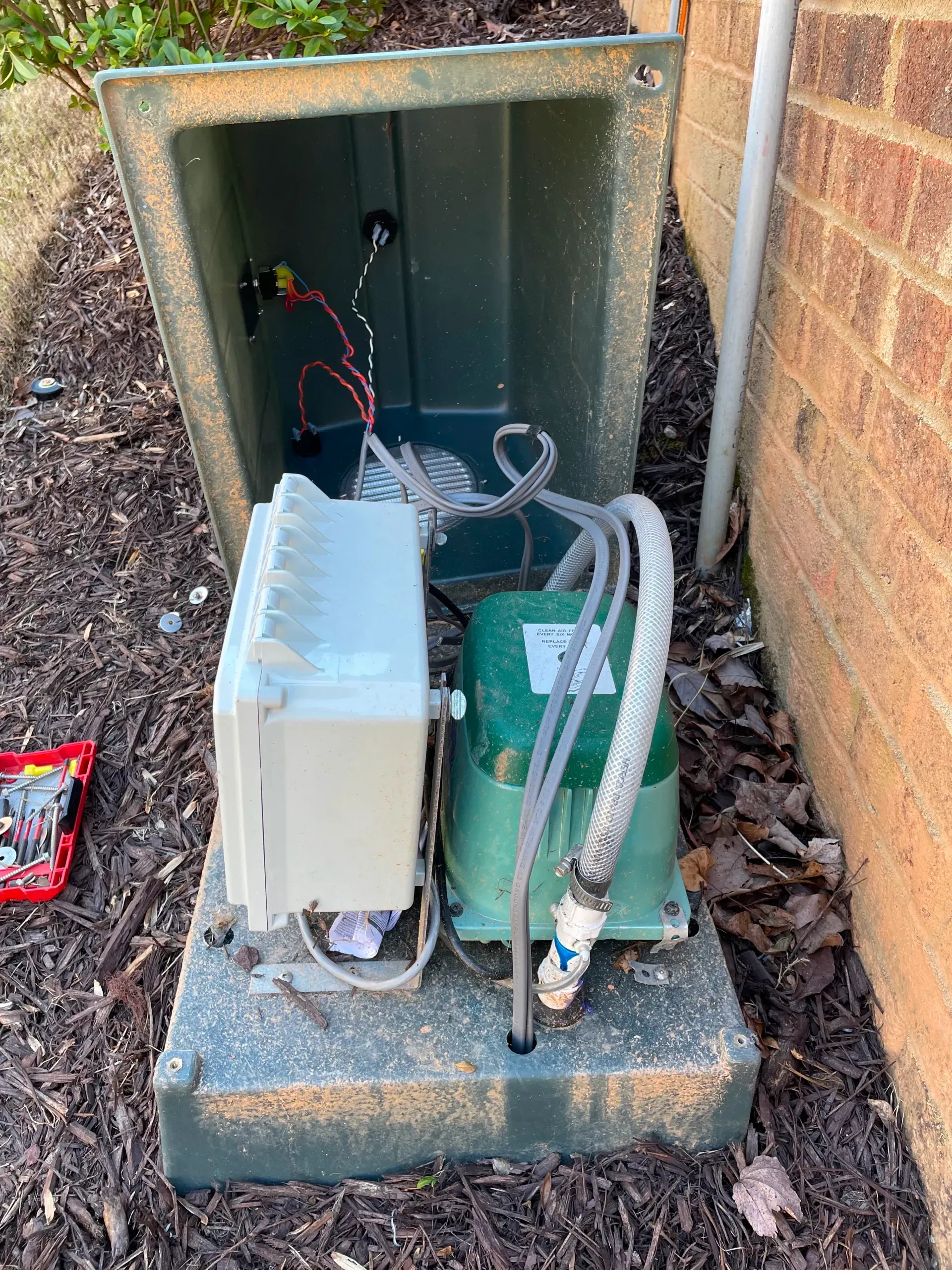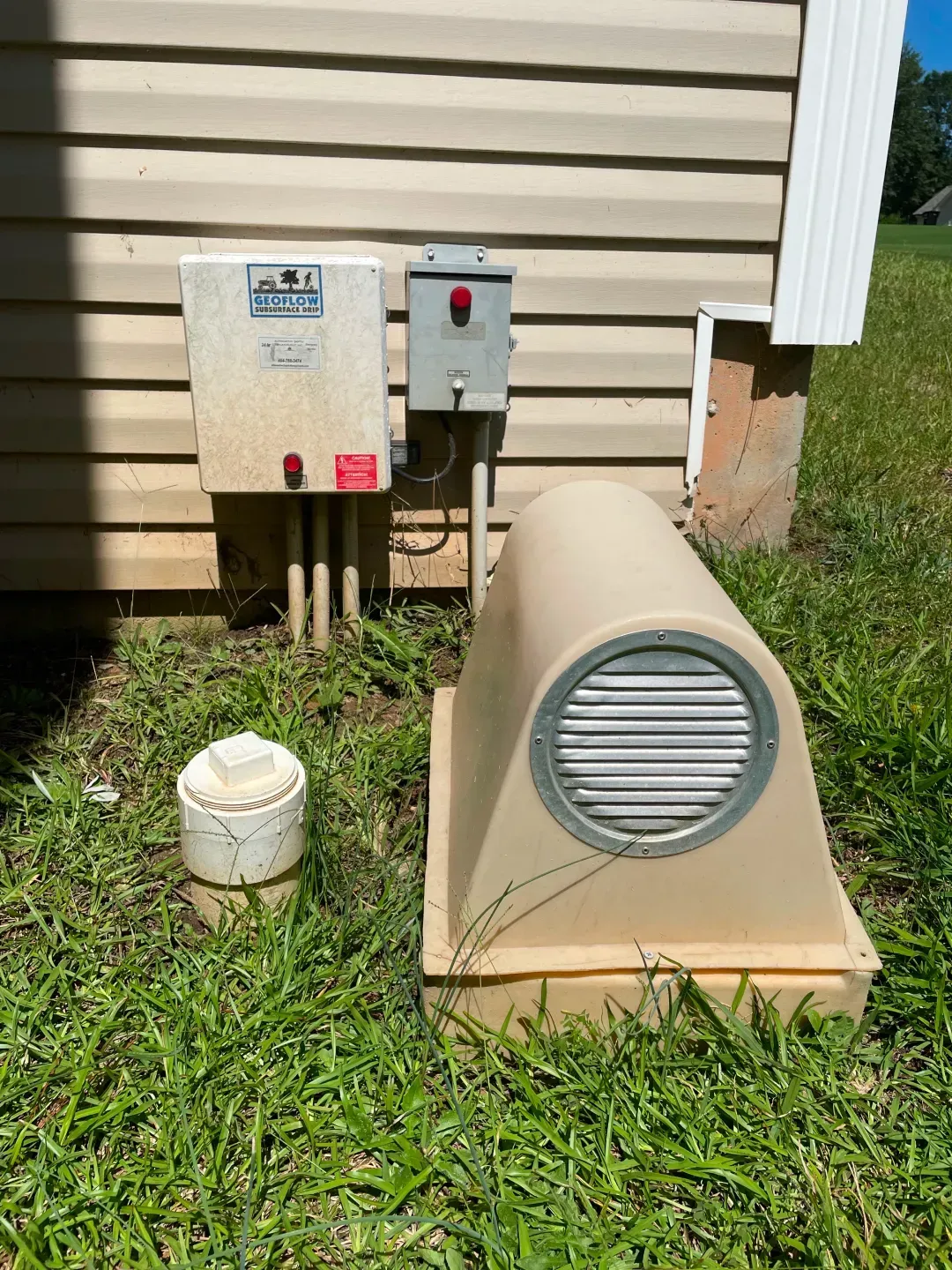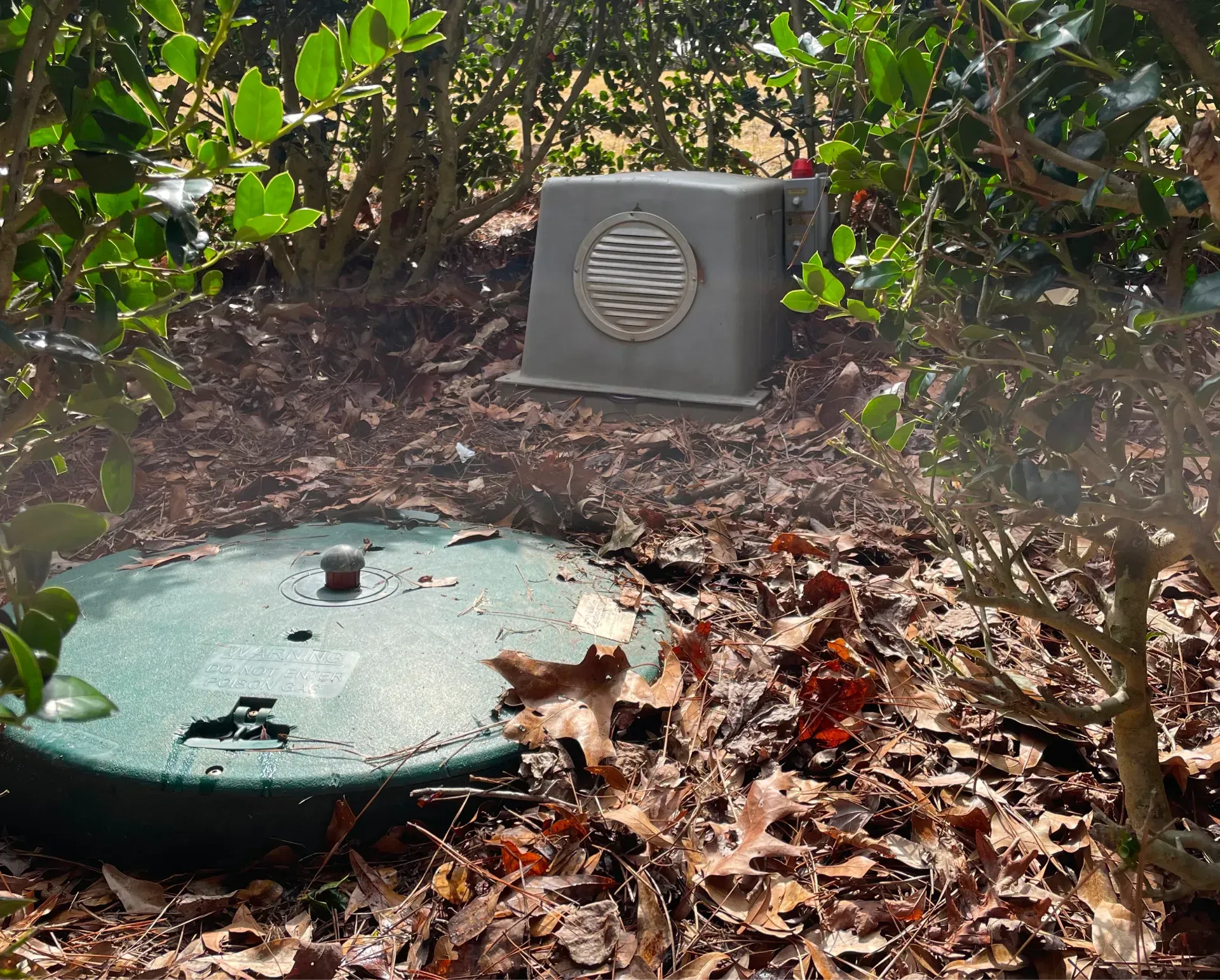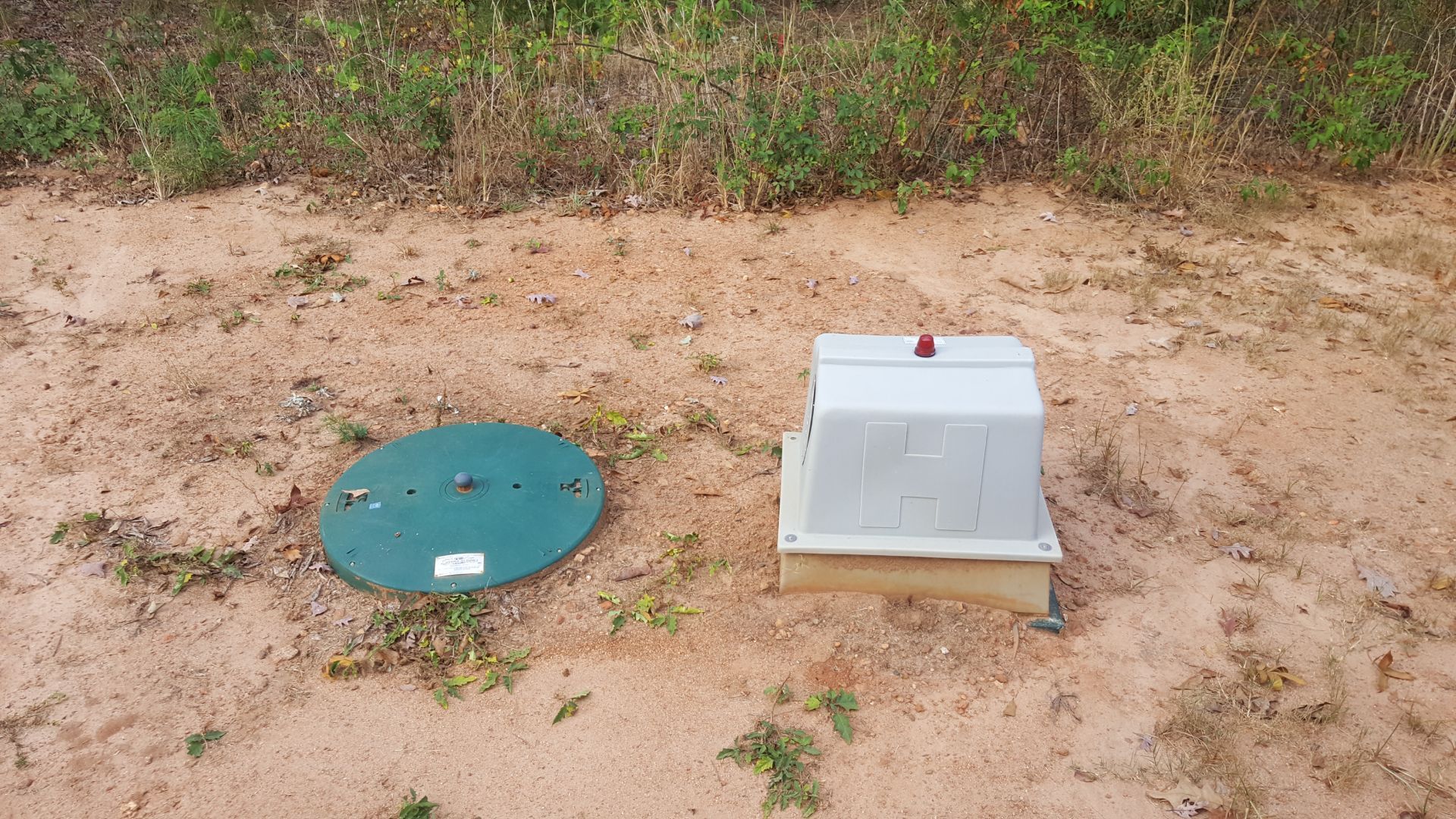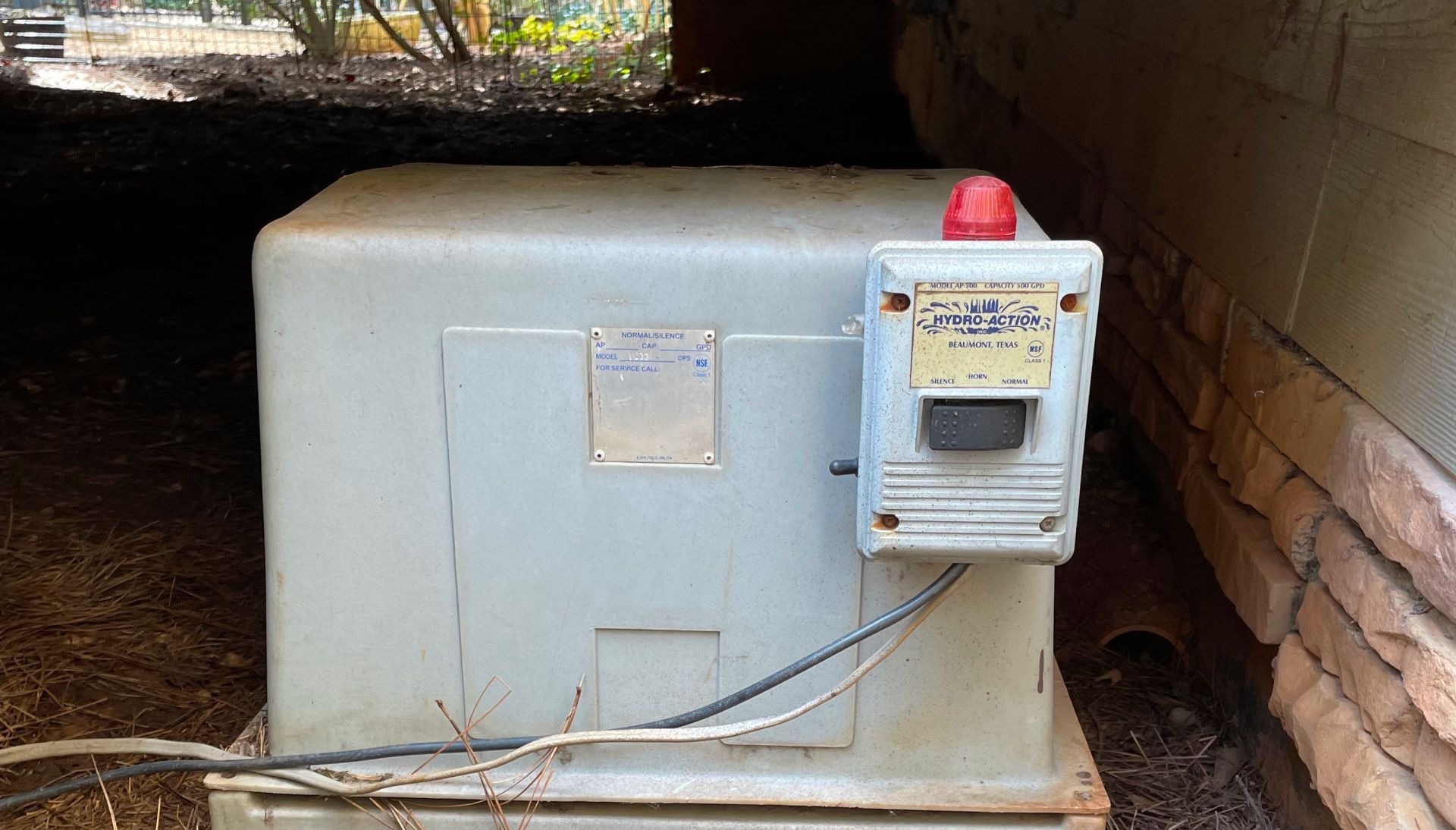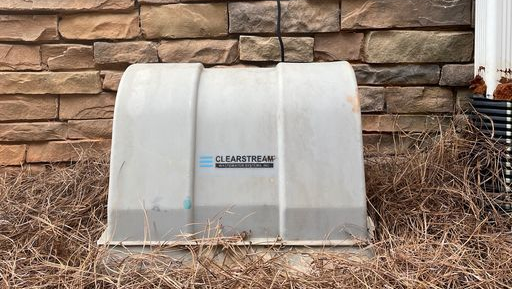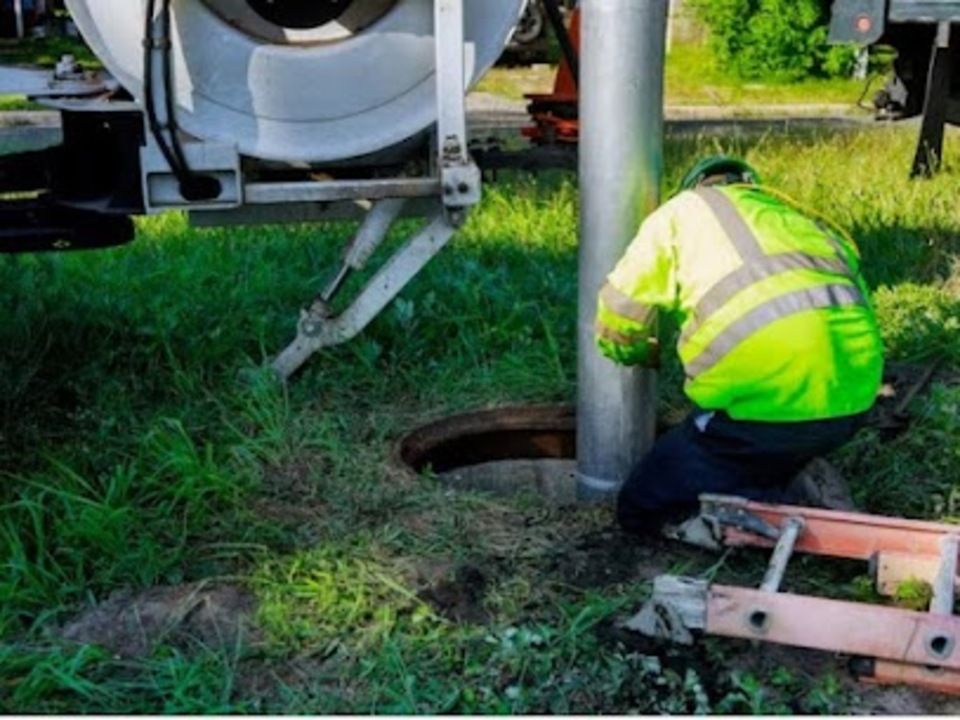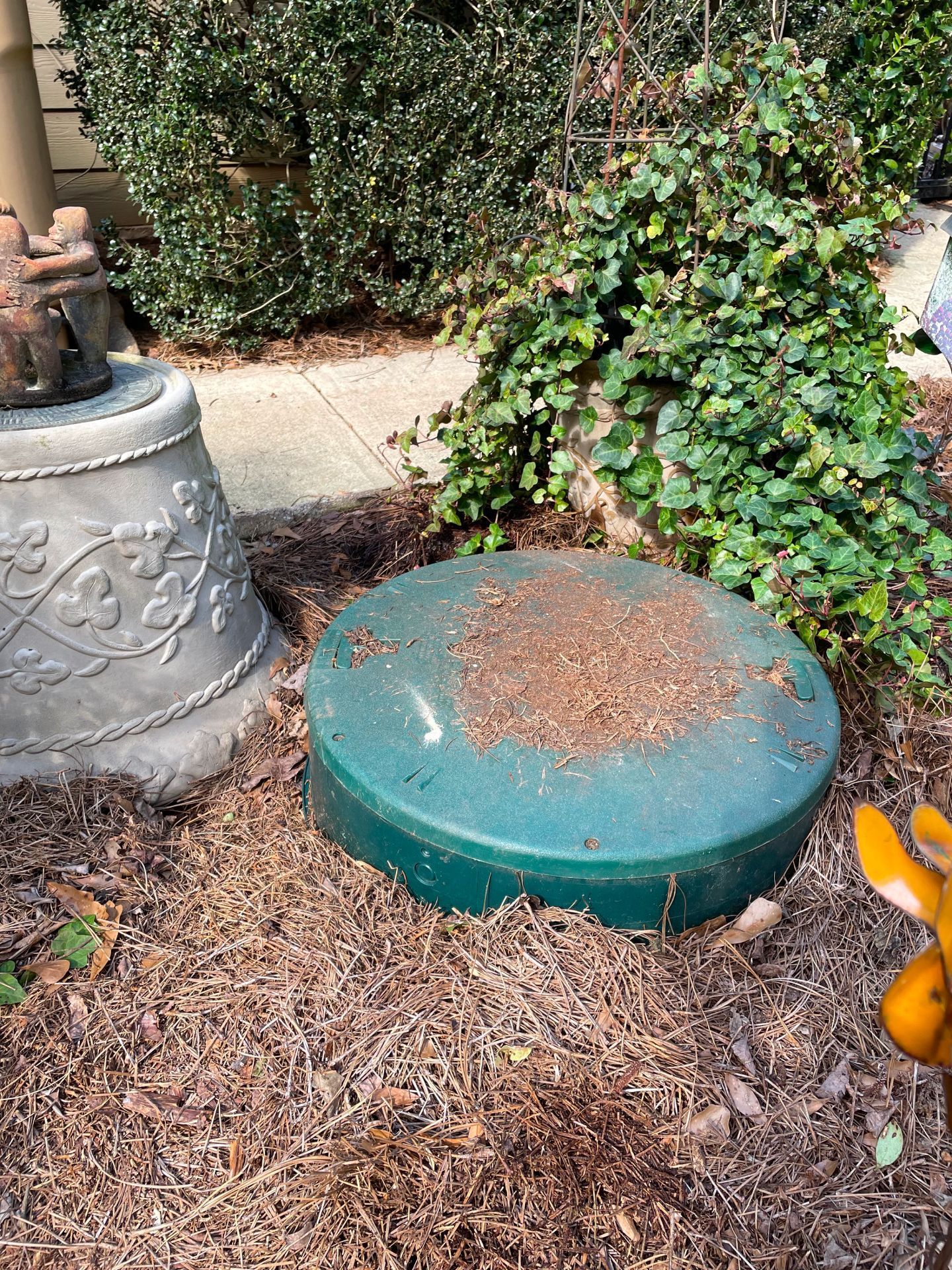Addressing Soil Erosion Around Your Septic System: Prevention and Solutions
Soil erosion can pose a significant risk to the performance and longevity of your septic system—especially if you use an aerobic treatment unit (ATU). At Alternative Septic Management, we understand how Georgia’s weather patterns and varied soil types can create challenges for homeowners managing alternative septic systems. That’s why we believe it's critical to take proactive measures to stabilize the landscape around your system and protect its components.
Understanding Soil Erosion and Its Impact on Septic Systems
Soil erosion occurs when wind, water, or other environmental factors displace soil from its original location. Around septic systems, erosion is especially concerning because it can expose system components, compromise the drain field, or allow excess water infiltration.
Alternative septic systems like ATUs rely on a balance of biological and mechanical processes to treat wastewater. When the surrounding soil is unstable, the system may not function as designed, increasing the risk of backups, system overload, or environmental contamination.
How Soil Erosion Affects ATUs
- Exposes components such as lids, risers, and control panels, making them vulnerable to damage
- Disrupts drain field performance by altering soil absorption characteristics
- Allows stormwater to pool or saturate areas around the system, overloading components
- Contributes to uneven settling that can damage pipes and tanks
Common Causes of Soil Erosion Around Septic Systems
Several factors can lead to soil erosion around ATUs in Georgia:
- Heavy rainfall, especially during spring and summer
- Poor drainage design or compacted soil that fails to absorb runoff
- Sloped properties without proper landscaping
- Removal of vegetation or turf that holds soil in place
- Excessive foot or vehicle traffic near the drain field or tank area
Each of these elements can disturb the balance of your ATU system and lead to costly damage if not addressed.
Signs of Soil Erosion Near Your Septic System
Homeowners should remain vigilant for visual cues that erosion is occurring. If you notice any of the following issues, it may be time to take corrective action. Consider these troubleshooting ideas:
- Exposed ATU components or tank lids
- Uneven or sinking ground near the system
- Pooling water or muddy patches in your yard
- Washed-out areas or loss of topsoil
- Signs of disturbed vegetation or new bare spots
If these signs appear, contact a professional with expertise in septic system service to inspect your system and determine the severity of the problem.
Preventing Drain Field and ATU Erosion
The best way to manage erosion is to prevent it through thoughtful landscape design and regular maintenance. Consider these preventative steps:
- Maintain a thick, healthy cover of grass or native plants around your septic system. These plants help hold soil in place while absorbing moisture.
- Divert stormwater away from your ATU with swales, berms, or properly graded slopes.
- Avoid hardscaping or compacted surfaces near the drain field, which can cause water to run off instead of soaking in.
- Install splash blocks or rain diverters under gutters to minimize concentrated water flow.
It’s also helpful to consult with erosion control professionals or landscape specialists who understand how to balance soil stability with septic system functionality.
Erosion Control Solutions for Existing Damage
If erosion is already affecting your alternative septic system, there are corrective actions you can take to stabilize the area and protect your system.
Landscaping Adjustments:
Adding erosion-resistant ground cover, such as creeping red fescue or clover, can reduce runoff and hold the soil in place. Installing mulch or gravel in high-traffic areas may also help control soil loss.
Terracing and Retaining Walls:
For sloped properties, terracing can reduce surface water speed and minimize erosion. Retaining walls may be necessary to physically hold back soil in severely impacted areas.
Soil Amendments:
Improving your soil’s ability to absorb and retain water can reduce erosion risk. This might include incorporating organic material, compost, or other soil conditioners that support vegetation growth.
Drainage Improvements:
Redirecting runoff through French drains, dry creek beds, or drainage tiles can move excess water away from vulnerable areas.
Long-Term Maintenance Tips for Soil Stability
Maintaining erosion control measures is just as important as installing them. As part of your regular ATU maintenance, consider the following:
- Inspect the area after heavy rainfall or seasonal weather changes.
- Replant any bare patches or damaged turf around the system.
- Remove sediment buildup from drainage paths.
- Monitor and adjust landscape grading as needed.
- Schedule annual system inspections with professionals like Alternative Septic Management.
By incorporating erosion control into your ongoing maintenance plan, you can extend the life of your alternative septic system and avoid expensive repairs.
Why Soil Stability Matters for Alternative Systems
Aerobic treatment units are particularly sensitive to their environment. These systems use oxygen-rich conditions to break down waste, which means a balanced soil ecosystem is essential for peak performance. Erosion can introduce excess moisture or eliminate the support structure the system depends on to operate correctly.
Additionally, unstable soil conditions can put strain on electrical components, disturb dosing timers, and create challenges for technicians trying to service your system. Preventing erosion is not just about protecting your lawn—it’s about protecting your investment.
Partnering With Alternative Septic Management
At Alternative Septic Management, we specialize in maintaining and protecting advanced septic systems throughout Georgia. Our team understands how soil composition and erosion patterns can affect ATU performance. Whether you're facing active erosion or want to prevent future damage, we offer personalized solutions to keep your system secure.
If you’ve noticed signs of erosion or simply want peace of mind, call 404-788-3474 or visit our website today for a free estimate. We’re here to help you preserve your septic system and your property for the long haul.

